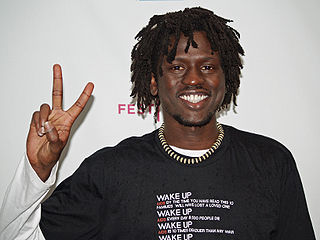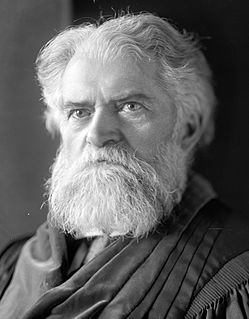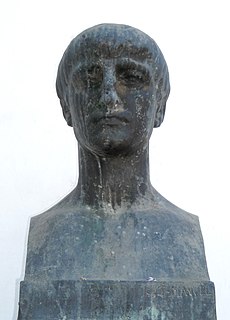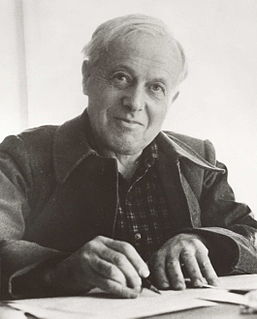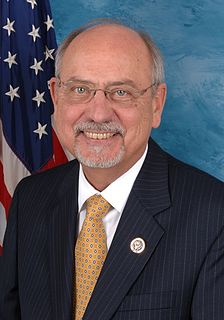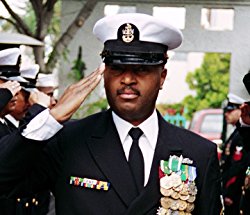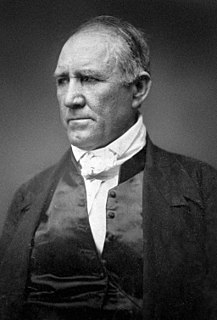Top 1200 Us Civil War Quotes & Sayings
Explore popular Us Civil War quotes.
Last updated on December 25, 2024.
Because the US has control of the sea. Because the US has built up its wealth. Because the US is the only country in the world really not to have a war fought on its territory since the time of the Civil War ... Therefore we can afford mistakes that would kill other countries. And therefore we can take risks that they can't ... the core answer to why the United States is like this is we didn't fight World War I and World War II and the Cold War here.
The intelligence community is so vast that more people have top secret clearance than live in Washington. The U.S. will spend more on the war in Afghanistan this year, adjusting for inflation, than we spent on the Revolutionary War, the War of 1812, the Mexican-American War, the Civil War and the Spanish-American War combined.
America is a land of big dreamers and big hopes. It is this hope that has sustained us through revolution and civil war, depression and world war, a struggle for civil and social rights and the brink of nuclear crisis. And it is because our dreamers dreamed that we have emerged from each challenge more united, more prosperous, and more admired than before.
I think there's evil on both sides [of Syria], and I think that's one reason I don't want to be involved in civil war. I see things in personal terms. I just can't see sending one of my sons - or your son or daughter - to fight in a civil war, where on one side we have a dictator, who in all likelihood gassed his people.
So about 80 years after the Constitution is ratified, the slaves are freed. Not so you'd really notice it of course; just kinda on paper. And that of course was at the end of the Civil War. Now there is another phrase I dearly love. That is a true oxymoron if I've ever heard one: "Civil War." Do you think anybody in this country could ever really have a civil war? "Say, pardon me?" (shoots gun) "I'm awfully sorry. Awfully sorry."
I went to live in Barcelona in 1975, when I was twenty. Even before I went there, I knew more about the Spanish Civil War than I did about the Irish Civil War. I liked Barcelona, and then I grew to like a place in the Catalan Pyrenees called the Pillars, especially an area between the village of Flavors and the high mountains around it.
Some 2,800 Americans went to Spain [during the Spanish Civil War], and it was, by far, the largest number of Americans before or since who've ever joined somebody else's civil war. I think they were primarily people who were deeply alarmed by the menace of fascism. They saw this on the horizon. I quote one volunteer, Maury Colow of New York, who said, "for us it was never Franco, it was always Hitler."
I'm working on a script right about Civil War re-enactors who go back in time to the actual Civil War. It's kind of a big, crazy Back to the Future comedy. So, of course, it's the Civil War - I play the banjo. I was just having a conversation with one of the producers about some of the material and he was like, 'You know, we have to work in a scene where you play the banjo. And I was like I'll get behind that.
What it targets is not something that's really looked at a lot in terms of the war. This is stuff that's off the beaten path in terms of what we think of every time you start a Civil War history or a Civil War presentation. It's usually about the military and the soldiers and all that stuff. And this is not. It's the backdrop to a place and a time and circumstances that didn't have anything to do with that.
When you come to Montgomery, you see fifty-nine monuments and memorials, all about the Civil War, all about Confederate leaders and generals. We have lionized these people, and we have romanticized their courage and their commitment and their tenacity, and we have completely eliminated the reality that created the Civil War.
... there was the first Balkan war and the second Balkan war and then there was the first world war. It is extraordinary how having done a thing once you have to do it again, there is the pleasure of coincidence and there is the pleasure of repetition, and so there is the second world war, and in between there was the Abyssinian war and the Spanish civil war.
I've just always had a personal fascination with the myth of Abraham Lincoln. And once you start to read about him and the Civil War and everything leading up to the Civil War, you start to understand that the myth is created when we think we understand a character and we reduce him to a kind of cultural national stereotype.
You take a look at the history of African Americans in the US. There's been about thirty years of relative freedom. There was a decade after the Civil War and before north/south compact essentially recriminalized black life. During the Second World War there was a need for free labor so there was a freeing up of the labor force. Blacks benefitted from it.
I was born in 1966, at the beginning of the Biafran-Nigerian Civil War, and the war ended after three years. And I was growing up in school, and the federal government didn't want us taught about the history of the war, because they thought it probably would make us generate a new generation of rebels.
I didn't know enough about the Civil War or its lingering effects as we all should. It's really easy to think that the Civil War was the end of slavery, and the triumph of our collective conscience and humanity over oppression. Sadly, the oppression and systemic subjugation of people of color in this country still exists.
As a kid, I was growing up in an era of celebration of the Civil War centennial, with a lot of 'Lost Cause' emphasis on the Confederacy. I used to play Civil War soldiers with my brothers as a child, and my older brother always insisted that he got to be Lee, and I got be Grant. I never knew that Grant won until quite some time had passed.
History of America, Part I (1776-1966): Declaration of Independence, Constitutional Convention, Louisiana Purchase, Civil War, Reconstruction, World War I, Great Depression, New Deal, World War II, TV, Cold war, civil-rights movement, Vietnam. History of America, Part II (1967-present): the Super Bowl era. The Super Bowl has become Main Street’s Mardi Gras.
The casualties in the Civil War amount to more than all other wars - all other American wars combined. More people died in that war than World War II, World War I, Vietnam, etc. And that was a war for white supremacy. It was a war to erect a state in which the basis of it was the enslavement of black people.
I worry that I may have overstated the impact of Civil War on the utopians. By the time the Civil War comes, most of the communities were quite separated from the wider American society. Their rhetoric is still about transforming the world, but they're not having that much traffic with their neighbors.
I declare that civil war is inevitable and is near at hand. When it comes the descendants of the heroes of Lexington and Bunker Hill will be found equal in patriotism, courage and heroic endurance with the descendants of the heroes of Cowpens and Yorktown. For this reason I predict the civil war which is now at hand will be stubborn and of long duration.













